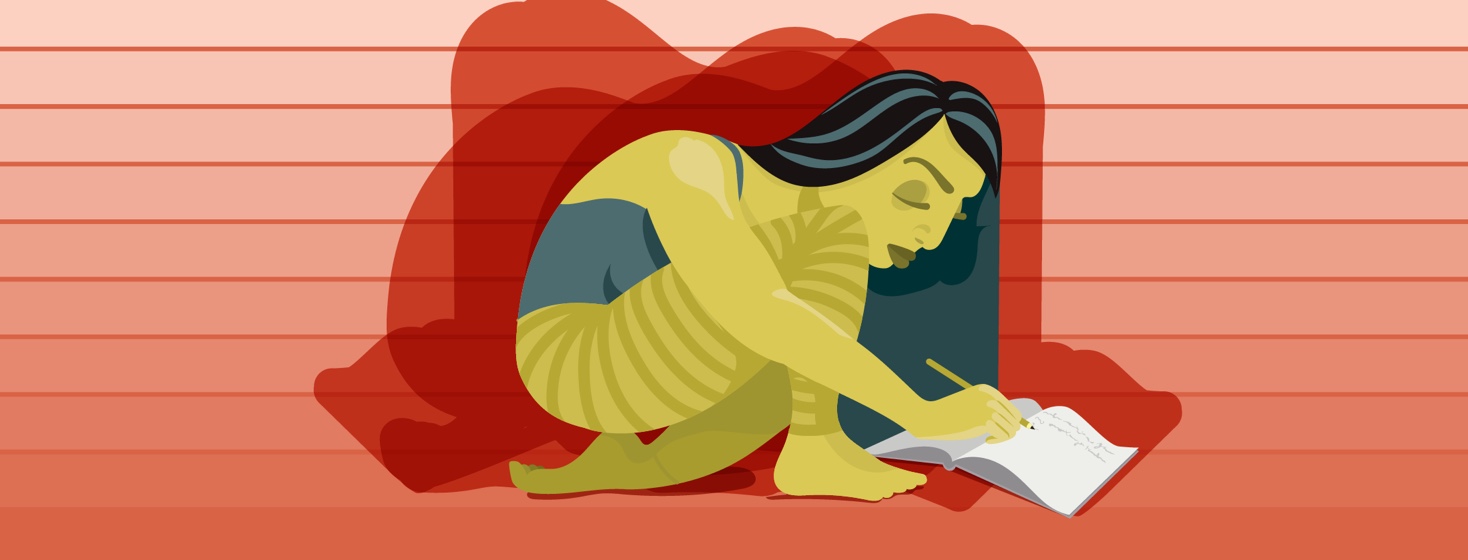What's Your Pain Level?
We’ve all heard it. We show up at a doctor’s appointment and we are asked, “What is your pain level on a scale from 0 to 10?” We may also be asked questions like “When does it hurt?", "What makes it better or worse?", "Is it a stabbing pain or a burning pain?", "Is it sharp or dull?”, and the list of questions goes on.
If you’re like me, sometimes, you have difficulty answering these questions as they pertain to your endometriosis and/or related complications. Sometimes, if I’m not feeling the pain in the moment, I can’t quite remember if it is more of a burning or a stabbing. I also have a hard time with putting a number on it, and I get nervous that I’m not giving the right number. What is their threshold for believing me or wanting to help me?
Dismissing pain
After all, there are gender and racial/ethnic disparities in how doctors respond to pain. Women's, as well as racial/ethnic minorities’, pain complaints are more likely to be dismissed, which makes it difficult to receive effective and fair treatment.1 Putting a number on pain is also difficult because when someone is experiencing chronic pain, their perception of the 0 to 10 scale changes. As we live with pain, we are forced to adapt, which means we may report it lower on the scale over time, but that’s only because we are changing our lives to accommodate it. This doesn’t necessarily mean we are better or don’t need more help.
The challenge of measuring pain
The fact is, pain is difficult to measure. There are self-report, behavioral, and physical measures of pain, but they all have their strengths and weaknesses. Part of the reason is because pain is subjective, and there are many factors that affect our experiences. For example, if someone is distracted or in a good mood, they report lower levels of pain than if they are inwardly focused and in a negative mood.2 Finally, doctors may not ask the right questions, or establish the trusting relationship needed for patients to divulge the necessary information.
What the research says
National Public Radio recently highlighted some research that is being conducted by Markman and colleagues at the University of Rochester, about how clinicians measure pain, and the impact pain measures have on pain treatment.3 As it turns out, what we are asked and what we say about our pain matters. They argued that patients can receive more effective treatment if they can be very descriptive about their pain. Words are needed in addition to the numbers.
The practitioners Neighmond interviewed stressed the importance of describing the history of your pain, the extent to which it interferes with your daily life, the factors that make it better or worse throughout the day, and how your pain compares to the worst pain you ever experienced.3
What can I do?
Of course, all of this information may be difficult to remember and describe in the moment. It can be helpful to take some time before an appointment (or even now!) to write out your descriptions in a journal, and carry that journal with you to appointments. You can also use this journal to make notes during your appointment, because we all know how difficult it is sometimes, to remember everything the doctor said or recommended. Keeping all your endometriosis information in one place, may help you receive better treatment over time. You could even use your journal as a way to cope with your endometriosis. It can be cathartic to write out how we are feeling, and we can also use it as an opportunity to make note of the times we are feeling relief and the positive things we are doing to cope with our pain.
Do you use a journal to keep track of health-related information? If so, how has it helped you?

Join the conversation